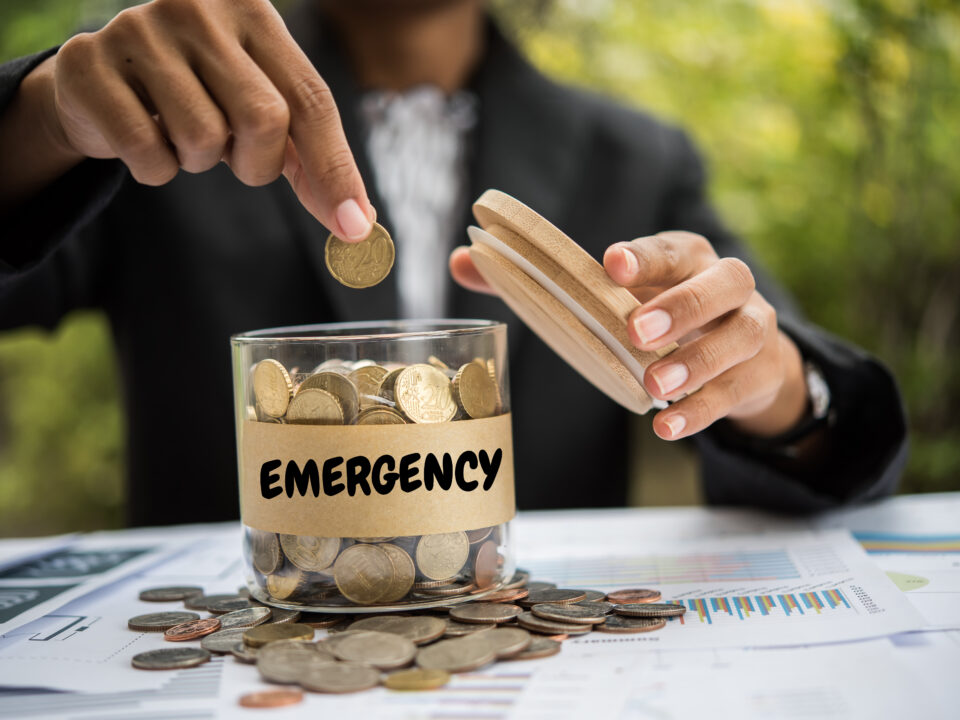We’ve recently seen an increase in fraud attempts nationwide. Many attempts look and sound very believable, leading people to give up personal information that leads to identity theft.
Fraudsters have become increasingly savvy at getting you to share the information they need to commit fraud by posing as financial institution call center agents, or by sending text messages that look like they are coming from your credit union, warning of suspicious transaction activities. They are also known to call in to call centers posing as you, requesting changes to card information and parameters.
Fraudsters use this information stolen through data breaches (at health insurance providers, reward program providers, credit bureaus, merchant terminals, and social media sites, to mention just a few) as well as through malware programs on personal computers and other sources. Stolen information is combined with stolen card information, resulting in insufficient information to create profiles that fraudsters can use to position themselves as you.
Here are a few ways you can avoid compromising your personal information:
- A text alert from your credit union warning of suspicious activity on your account will NEVER include a link to be clicked. You should never click on a link in a text message that is supposedly from Caro. A valid notification will provide information about the suspect transaction and ask you to reply to the text message with answers such as ‘yes’, ‘no’, ‘help’, or ‘stop,’ and will never include a link.
- A text alert from Caro will always be from a 5-digit number and NOT a 10-digit number resembling a phone number.
- A phone call from our automated dialer will only include a request for your Zip code, and no other personal information unless you confirm that a transaction is fraudulent. Only then will you be transferred to an agent who will ask questions to confirm your identity before going through their transactions.
- Posing as call center agents, fraudsters will often ask you to verify fake transactions. When you say no, you did not perform those transactions, the fraudster then says that your card will be blocked, a new card will be issued, and that they need your card’s PIN to put on the new card. Many people believe this and provide their PIN. We will NEVER ask for your PIN or the 3-digit security code on the back of your card. You should check your account(s) on a regular basis for suspicious transactions, but especially if you are unsure about a call or text message you have received. If anything looks incorrect, call us for assistance.
If you receive a phone call or a text message from our fraud call center and are unsure if it is legitimate based on the information above, you should contact us immediately at 803.227.5555. Being aware and smart with your personal information will help keep you and your money safe.






